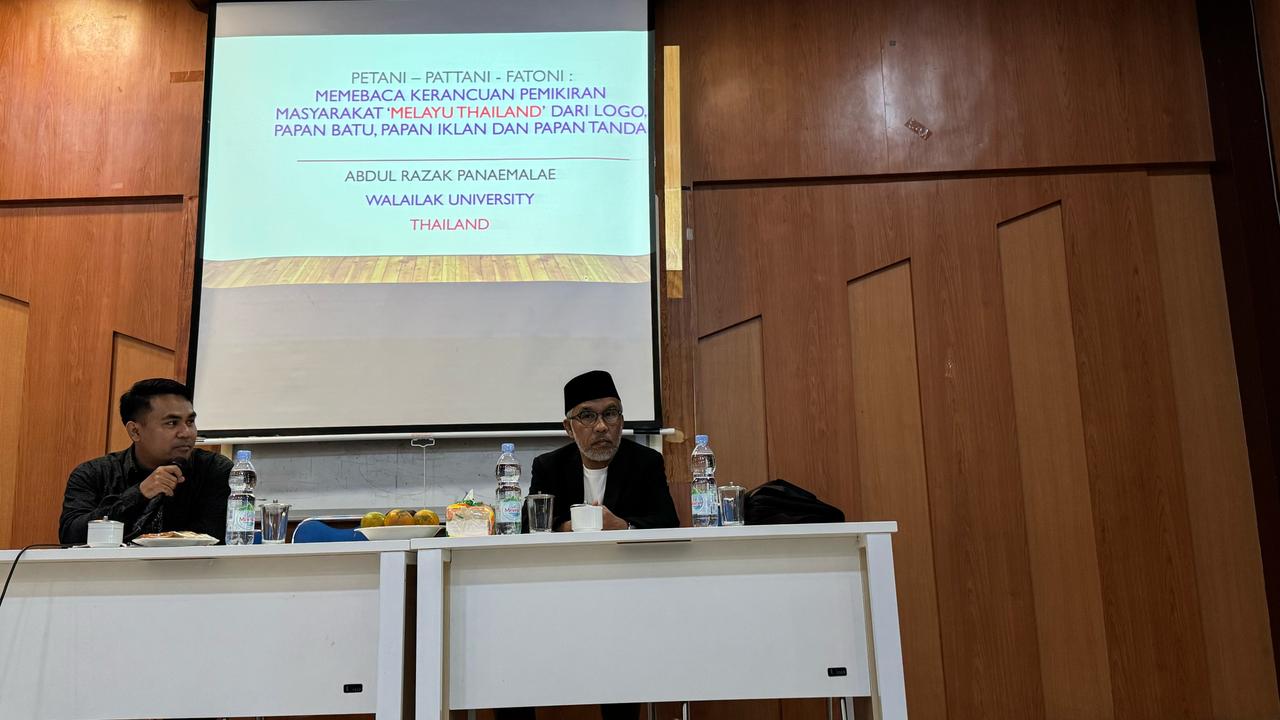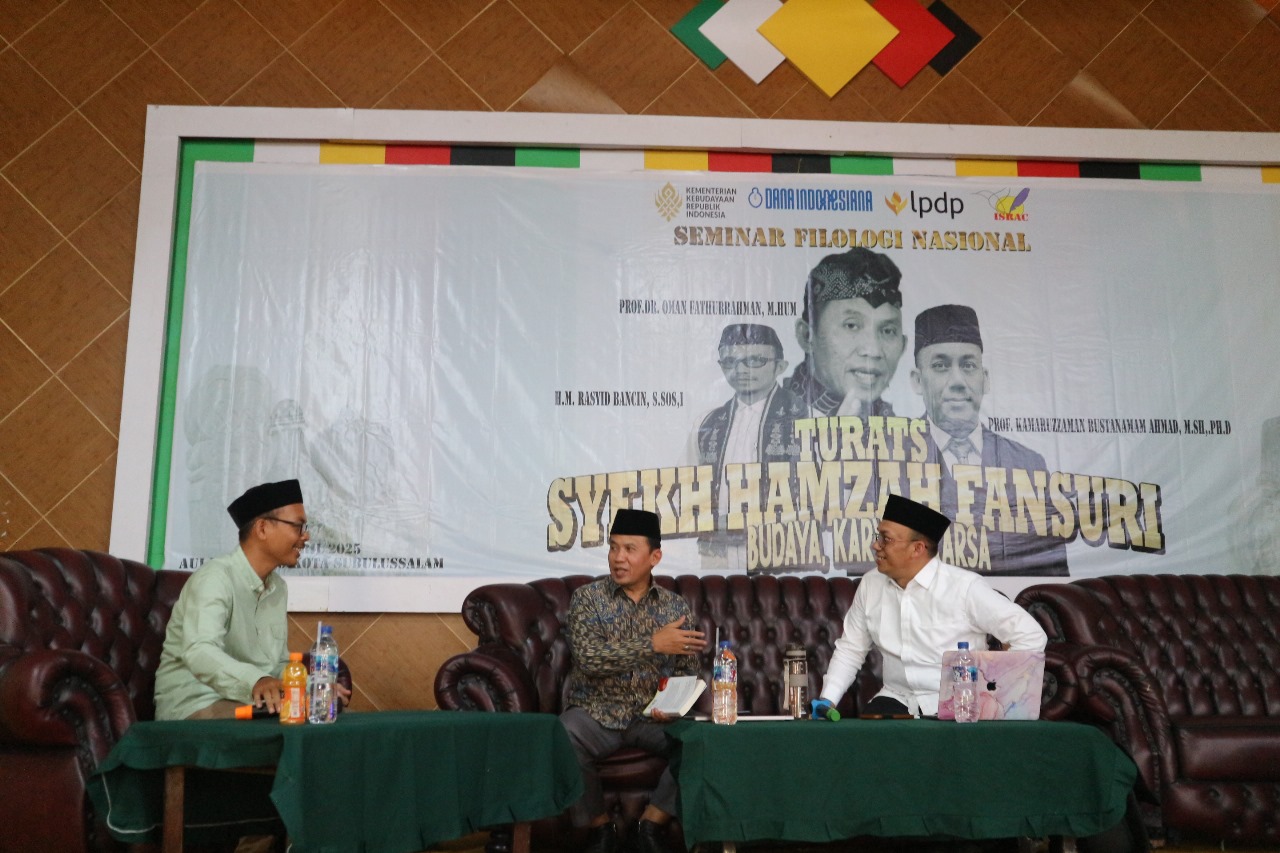This essay will explain how political culture. The definition of political culture is: “the norms, beliefs, and values within a political system.”
In other words, discussing political culture is tantamount to discussing three things in one object, namely norms, beliefs, and values adopted in the political order.
Of course, the political system in Indonesia is dominated by the Javanese way of life, so values or norms outside of Java must be “filtered out” before entering the Indonesian political system.
Aceh’s political culture has not yet had a place in the realm of political studies in Indonesia. The political culture in Indonesia has been “controlled” by the norms, beliefs, and values that developed among the Javanese.
However, because the Javanese mind is dominated by three things, namely sacred, mythical, and mystical, the Javanese political system of thought has become the supremacy of political thought in Indonesia.
The Javanese mind’s principles or ideology of nationality always received a response from non-Javanese circles and the Javanese themselves, even more so when the political system offered by Java is ‘gado-gado,’ [salads] it is somewhat problematic for non-Javanese to understand the Indonesian political game.
So that what emerges is ‘tension for tension’ because the Javanese mind must not block the basis of Javanese life, which sometimes contradicts the values that arise from religion.
Likewise, Javanese politics defending its system ‘asks’ for turbulent earth-like stories in wayang. This means that the reference to the Javanese political system or culture is the predictions of the clergy, and the procedures for its implementation are adjusted to the wayang stories.
The issue of the response to Pancasila (the five precepts) is one of the pieces of evidence of Indonesia’s political history. Here the tension that most often occurs is how to place Islam as the basis of the state within the Republic of Indonesia.
At the same time, the Indonesian national situation shows that there is a high enough level of difference that a “neutral” symbol is needed to amplify all these differences.
However, when these differences are agreed upon, Javanese political values are the most dominant, thus generating sentiments from other tribes.
The landscape of Indonesian political culture is the landscape of Javanese political thought.
In the end, the Javanese tried to Indonesianize the people from Sabang to Merauke.
Regarding Pancasila versus Islam, Kuntowijoyo wrote as follows:
Perhaps the issue of the feud between Islam and Pancasila is too sensitive. If it is true that there is not a single verse in Islam that contradicts Pancasila, and none of the precepts in Pancasila contradicts Islam, where is the conflict? As a result, not many people dare to violate the “national taboo”…it is a historical fact that is too bare to be covered up that there was a mutual misunderstanding between Islam and Pancasila.
The fault indeed lies not in the pure teaching on both sides but practice. There is a genuine fear that Pancasila will become a religion on the Muslim side. The existence of a belief that calls itself the Pancasila Religion is enough evidence that potentially Pancasila can become a religion. Also, the idea of ”Panca Religion” can threaten the existence of religion.
… We must distinguish between pure ideologies and practical ideologies. Pure ideology is final, and no changes are needed. … in political history, Pancasila is the historical Pancasila. This practical ideology does exist, as evidenced by the changing people’s picture of people’s sovereignty.
During the New Order, there were changes. From Wahyu Asthabrata’s way of thinking, which states that all goodness is centered on the ruler, we think that the ruler is Semar, only a pamong. In economics, concerning the fifth precept of Pancasila, we think cooperatives are the pillars of the economy – not capitalist and not command economy. However, in practice, we tolerate capitalism. Their coherence is only in the 1st, second, and third precepts (between pure and practical). The rest is not.
Kuntowijoyo’s explanation implies that ” something ” is problematic with Pancasila as an ideology.
Kunto considered Pancasila a product of history, but in the New Order era, Pancasila was the “fixed price” of ideology, but this was not the case in practice.
The religious attitude he reflects is only part of what can be considered Islamic because he still firmly believes in traditional Javanese values. He consulted shamans to foretell future events in his favor and sometimes treat his ailments. His lifestyle reflects the values of wayang and the teachings of etiquette, exemplary behavior, and the majesty of knights.
Sukarno’s siding with the Javanese conception led to political differences between Sukarno and the Muslims. Soekarno preferred a unitary state to a federal state with Java as a role model because of the dominant population, culture, and history of the prominent struggle for nationalism.
Although it is common knowledge that Javanese domination is extreme among the leading figure of the Republic of Indonesia, what is interesting is how this political culture can destroy the leader himself. It is different from Howard M. Federspiel when describing the figure of the founder of Pancasila, Soekarno. Howard wrote:
Has this also been realized by them under the shamans? Likewise, is only Javanese political culture representing Indonesia based on wayang alone?
There is a book written by Bernard Dahm where, on the cover, Soekarno is depicted playing wayang, which implies that the political culture system played by Soekarno is indeed a puppet system with the assumption that each individual is under the control of the dalang (Soekarno).
According to their respective plays, which sometimes causes a ‘clash’ between the political culture system adopted by Soekarno and the elites or community groups who do not want to carry out the play desired by Soekarno. This ‘collision’ was inevitable not only within Soekarno’s government but also from regions that did not want to be the object of Soekarno’s puppet system.
Suharto also practiced the system of adhering to Javanese values. For example, K.H. Ramadhan (a biographer of Suharto), even though he was born on the same island as Suharto, K.H. Ramadhan (a biographer of Suharto), when asked to write a biography of the second President of the Republic of Indonesia, is still is said to Suharto: “This task is tough, sir. I happened to be born in West Java, while your father is from Central Java. I know very little about Javanese culture, sir.”
Ramadhan understands very well that to understand the figure of Suharto, one must first understand Javanese culture. It also perceives how Java is in the eyes of the West-Javanese.
The figure of a leader is in the middle, namely under the clergy (Brahmins) and the people.
A Javanese kstaria must also understand the cultural system among the Brahmins and the people. A knight may or is allowed to attain the rank of Brahmin after a ‘shock’ in his life. Like the Indonesian crisis to Suharto. In 1998, he said he stepped down from the Keprabon to become a Pandito (Wise Man), the highest level of Javanese knights to reach the degree of Brahmin.
So, for almost 30 years, Suharto played himself as a king full of knights. When there was a ‘shock,’ he considered this a test to rise to the level of Brahmin.
Javanese life is full of prophecy. Usually, the forecast becomes a legend, and then the regime tries to prove the prophecy to be accurate, contrary to the local wisdom that exists in other ethnic groups in the archipelago because they are forced to accept the mystical destiny of Java in their lives.
The people of Borneo were forced to undergo various pieces of training, as happened during the Javanese Kings’ time to prove their loyalty to the republic. The Acehnese are forced to understand the Indonesian political culture through the dalang or wayang system. Palembang people must be willing to go to Jakarta to make their business run smoothly.
Then, every Javanese in the regions is greeted with a Javanese king’s style. Jakartans who are representatives of the Republic of Indonesia are often treated like ‘kings’ when visiting areas, from the President to government office staff.
Likewise, if people from the region go to Jakarta, they must know the etiquette of socializing in Javanese philosophy.
As evidence of the “quarantine” model in Javanese history, it is stated that to maintain the loyalty and obedience of subordinates to the King (as in the case of the Mataram kingdom), then: “requires regional rulers, especially the strong ones, to stay in the palace several months a year. When the local ruler returns, he is obliged to leave one of his immediate family as a hostage in the palace.”
This is a tradition going on for hundreds of years. However, when the Unitary State of the Republic of Indonesia was founded, to maintain the status quo, the imaginations of ‘central people’ and ‘local people’ were already sticking out, along with the consequences if you did not want to follow the political culture system that offered by Java.
Regarding Aceh, as explained earlier, historically, there has been a separate political system, just like the Srivijaya Kingdom in South Sumatra and other kingdoms on the island of Java.
Nevertheless, when Aceh became part of Indonesia, the historical witness had to be buried because Aceh had already become a “regional person.” Although in reality, Aceh also has a Kraton or King’s palace.
Aceh has its political culture system. However, the consequence of being a “local person” is that it can only be termed the word “contributing” to the center.
The word “donate” is what puts Aceh in the coordinates of “regional people” with all the rules attached to it then must know how to behave with “central people.”
As “regional people,” Acehnese may become “central people.” However, he had to undergo several “compliance tests” to be loyal to Pancasila and the 1945 Constitution. However, the “central people” already had their cosmology.
Within the TNI/POLRI Headquarters, the Javanese people must be dominated. Therefore, anyone who entered the area of the central people had to understand or know how the Javanese cosmology was. For example, the President of the Republic of Indonesia must be Javanese.
Javanese dominate political party figures or politicians, which means that whatever is done at the “center” must be followed by the “region.” If something is successful in the “region,” then it is also the success of the “central.” The ministers must be primarily Javanese.
On the other hand, the failure of the “central” means that the “regions” must bear the burden. An Acehnese who wants to be a “center person” must be successful in high-level lobbying, have connections with the circle of power, have a business that can support the “center,” and be njawani (be Javanese).
Thus, those who do not know about lobbying, have no connections, have no business, and cannot answer then do not expect to be the slightest bit to be or be close to the “central person.”




